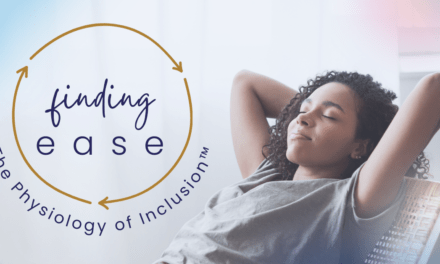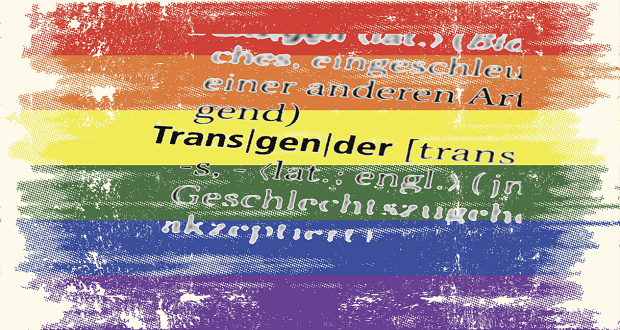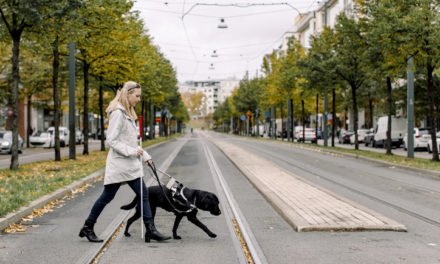This past week was a heartbreaking one. In Minnesota, the officer who shot Philando Castile was found not guilty of second degree manslaughter. Officers in Seattle failed to deescalate a tense situation and shot and killed Charleena Lyles in front of her children. Lyles was a pregnant mother of three who had called the police about a burglary in her home. Seventeen-year-old Nabra Hassanen was beaten and killed on her way to the mosque for a Ramadan service. Police are calling the murder an act of road rage.
Last week, we unpacked intersectionality, and this week’s post is dedicated to the process or step of decentering the normative narrative, especially in times of crisis. We must be self-aware about who we are and what we bring to the table to understand that there are times when we should step up and speak up, and there are times when we should step back and make room for others to speak, mourn, or just share what it is that they need. This week, a week in which the courts failed to avenge a black man’s murder, the police failed to properly care for a mentally disabled black woman, and a Muslim teenager failed to make it home to her family, is a time to decenter the normative narrative.
Each of these tragic situations revolves around some set of intersecting non-normative or non-dominant identities: Black, woman, mentally disabled, Muslim. And in each of these situations, these identities have something to do with their murders. Imagine what it feels like right now to be a part of any of these identity groups and to know that our justice system may not be so just. Now imagine people immediately making excuses for the officers, asking for more evidence, telling you to not “make it about race,” or widely proclaiming the phrase only meant to shut critical minds and voices down: “We don’t know all the facts, so we shouldn’t say anything.”
These statements are in part harmful because they center the narrative around the police officers or the murderer rather than the men and women who were killed and those who loved them. Put another way, these questions and statements show immediate concern for the safety and innocence of the white men involved and very little concern for the men and women of color who died at their hands.
Decentering reverses that inequity. Decentering the dominant narrative and identity compels us to better care for those whose marginalized identities only further marginalize their feelings of grief or anger. Decentering is simply asking “What does this mean for you?” rather than “What does this mean for me?”
Simple does not necessarily mean easy. It is human nature to think about yourself as the center of your world. After all, your life is the only life you can live. However, staying woke requires more from us. It requires that we center the narrative of those who are suffering from injustice during times of crisis and pain and tragedy. It requires that we unequivocally assert that another’s ability to express pain and suffering, to make it home from Ramadan alive, or to call the police without being murdered, is more important than my discomfort. We must decenter the normative narrative, which too often calls for silence in the face of injustice, in order to center justice and those who need it most.



















